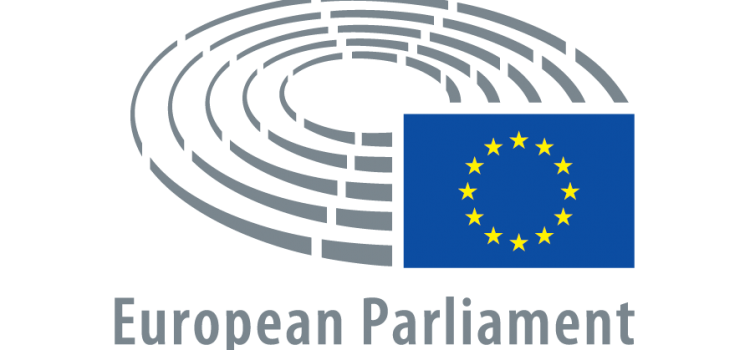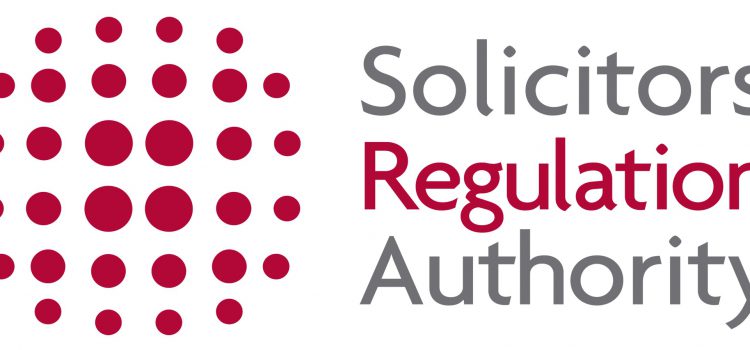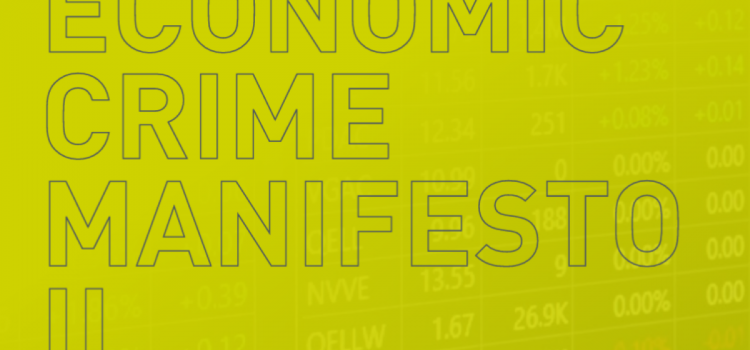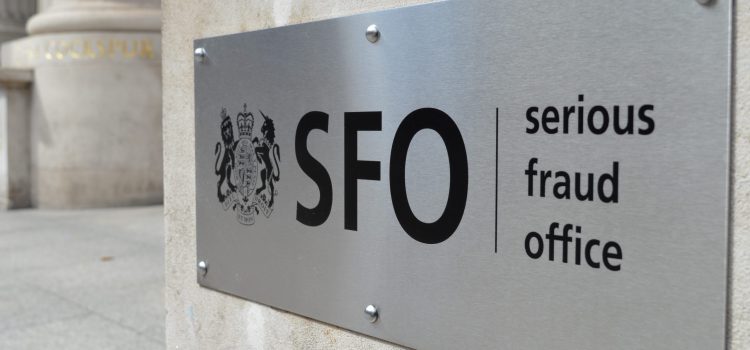The global software giant agreed to a settlement with the US Department of Justice that is one of the largest of its kind
SAP, the German-based company, was charged with bribing government officials around the world and agreed to pay over $235m in one of the largest bribery settlements.
The company along with co-conspirators bribed South African and Indonesian foreign officials, providing cash, political contributions and wire transfers, along with luxury goods purchased during shopping trips. The goal was to obtain advantages for SAP in connection with various contracts with South African departments and agencies including Eskom Holdings Limited, a South African state-owned and state-controlled energy company.
The company also bribed government officials in Malawi, Kenya, Tanzania, Ghana, and Azerbaijan through third-party intermediaries and consultants it employed who paid bribes to obtain business with public sector customers in these countries.
Continue reading










